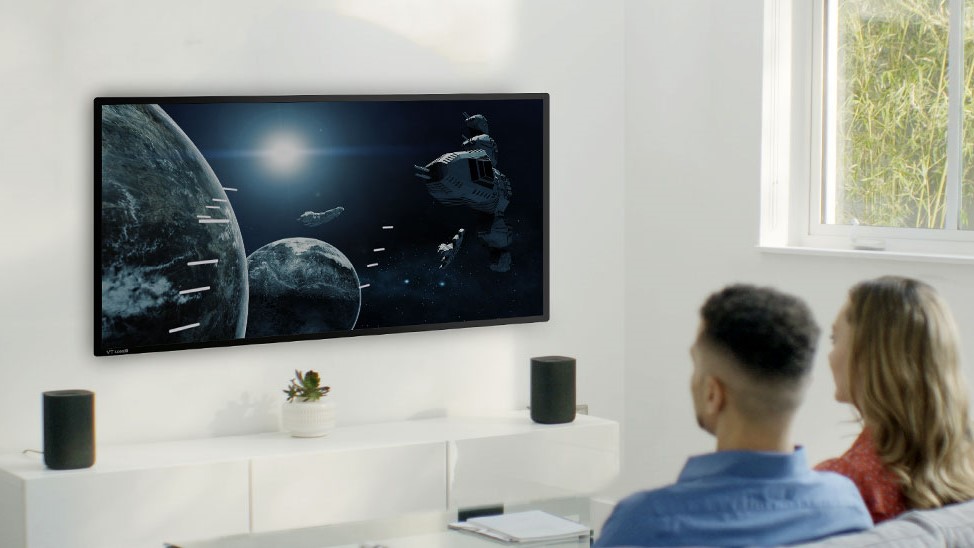For Consumers, Pandemic Makes Voice Control More Important
Hands-free smartphones and TV remotes rank highest priority

IRVINE, Calif.—Consumers who have been forced into a “touch-free” environment due to the coronavirus pandemic are more likely to use their voices to control a variety of smart devices, according to a survey by Syntiant, a tech company providing voice control technologies.
The top of the list? Smartphones (61%) and smart TVs/remotes (45%).
According to the online survey (weighted for generational differences), 87% of Americans own one or more smart devices, and Generation Z (ages 18-23) are most likely to increase their use of voice control due to the pandemic. The percentage of Gen Z and Millennials (24-39) who use voice control is 81%, compared to 68% for Gen X (40-55) and 51% for Baby Boomers (56-74).
Other popular smart devices mentioned in the survey include smart home appliances, gaming devices and smart watches.
PLUS: Broadcast Quality Is Most Important When Delivering Streaming Service
“Voice is quickly becoming the next user interface,” said Kurt Busch, CEO of Syntiant. “Our survey found that more than two-thirds of Americans are using voice to control their devices, which is indicative of our own customer growth and the growing market opportunity for our hands-free, always-on voice solution. Whether it’s using customized multilingual wake words, or speech commands, such as ‘volume up’ or ‘volume down,’ our Neural Decision Processors deliver voice technology that is creating rewarding experiences at the edge, empowering consumers to use speech to seamlessly command their smart products.”
The biggest concern over the increasing use of voice control is privacy, with 27% listing it as their top concern followed by security (23%), functionality (19%) and ease of use (15%).
Get the TV Tech Newsletter
The professional video industry's #1 source for news, trends and product and tech information. Sign up below.
Tom has covered the broadcast technology market for the past 25 years, including three years handling member communications for the National Association of Broadcasters followed by a year as editor of Video Technology News and DTV Business executive newsletters for Phillips Publishing. In 1999 he launched digitalbroadcasting.com for internet B2B portal Verticalnet. He is also a charter member of the CTA's Academy of Digital TV Pioneers. Since 2001, he has been editor-in-chief of TV Tech (www.tvtech.com), the leading source of news and information on broadcast and related media technology and is a frequent contributor and moderator to the brand’s Tech Leadership events.

